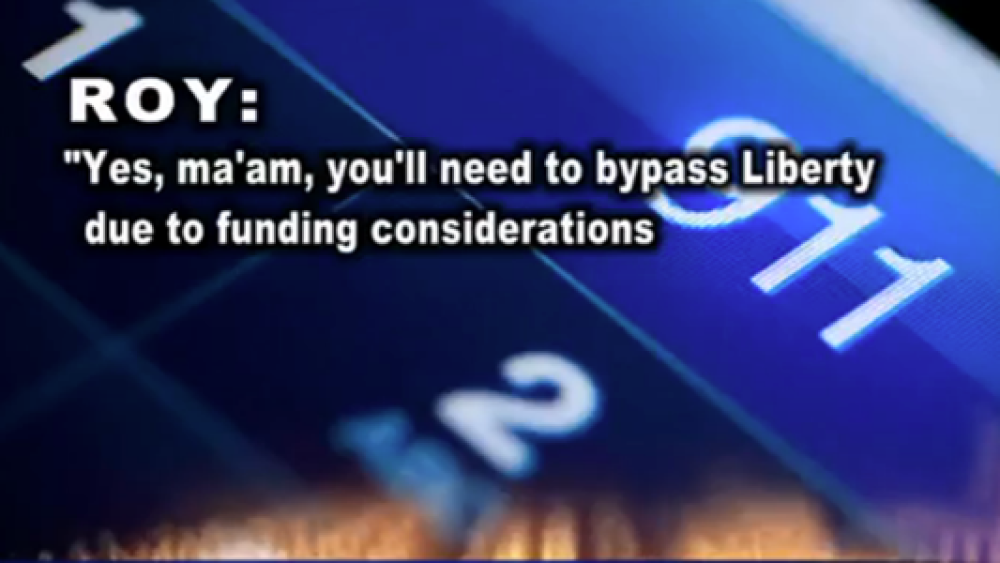Liberty (Fla.) Volunteer Fire Department Assistant Fire Chief Tony Roy is holding his ground. He came under intense scrutiny for his decision not to send a rig to a mutual-aid call. Even the fire chief said he would have sent a unit.
This past November, a house fire broke out in Walton County, Fla., where water is in short supply; there is no indication that lives were at risk. The county fire department requested and received a tender from another volunteer department.
Liberty was asked to send a second tender and refused. Chief Roy informed dispatch to bypass Liberty due to funding issues.
Had Chief Roy’s refusal been due to a lack of available firefighters, this story never gets reported and nobody’s feathers get ruffled. But it did get reported in part because bad feelings between Liberty and Walton County go back to a 2014 decision by the county to cut off funding to independent fire departments, like Liberty.
The defunding issue has been a roadblock to getting a formal mutual-aid agreement between the county and Liberty’s governing board signed. To further complicate matters, Chief Roy sits on that governing board, which has voted not to allow Liberty to respond to mutual aid in the county.
Money matters
One’s first reaction to this story is that when a fire department asks another fire department for help, you go, politics, money and all else be damned. That seems the right approach from a moral and duty-to-serve perspective.
Yet, it is not always practical. No chief should be expected to leave his or her community unprotected to go fight a mutual-aid fire. And, like it or not, money does matter.
Smaller fire departments that don’t manage their money can find themselves out of business in short order — we’ve seen several examples of this lately.
And consider one of the fallouts of the Great Recession was elected officials making deep cuts into firefighting budgets under the guise of being able to rely on mutual aid if things got out of hand. That’s a very slippery slope.
That’s because in addition to transferring their responsibility for fire protection onto their neighboring communities, it sets up a possible scenario of all the neighboring communities adopting the same “gut the budget and rely on the other guy” strategy.
That leads to weakened fire response both locally and regionally, with the real losers being the residents and the firefighters left to figure out how to safely protect them. The image that comes to mind is the circular firing squad.
I can’t say how much of the problems between Liberty and Walton County are rooted in politics and how much are rooted in finance.
I can say that they need a formal mutual-aid agreement that spells out who does what under what circumstances and how it gets paid for. That’s important for all departments as the absence of an agreement invites politicians to abuse the fire service.
Firefighters are driven by a strong moral sense to serve and help. Mutual aid is another way we can help. And it is meant to be a means of help, not a tool for trimming municipal budgets.
Fire chiefs may not find themselves in the same position as Chief Roy. However, they must stand firm against politicians who would use mutual aid as a way to skirt their obligation to spend tax dollars on public safety.













